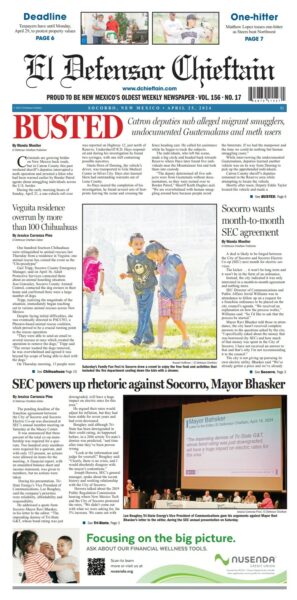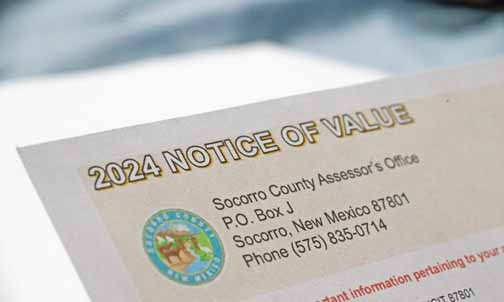
He passed away a few years ago, but as happens when someone passes away, some of his things are still in need of sorting. If you live in the same place for over 50 years, all those odds and ends tend to accumulate. Things like extra maps and weed whackers in need of fixing. (He had seven weed whackers when he died, none of them functional. I can only assume they were around for parts.)
It seems like physical maps may be a thing of the past in my life.
Why would I use a physical map when Google can tell me where to go? Out loud, with a to the minute estimate of when I’ll arrive at my destination and with updates if there’s an accident ahead in my route. For the places Google can’t help me with, which happens more often than you’d expect in rural places where routes are not always well mapped, the directions from another person—turn left at the red mailbox and it’s the house with the giant tree in front, always seem more helpful than a physical map.
Admittedly, I don’t have the best relationship with the automated voice that reads out directions. I’m convinced she’s a bit on the passive aggressive side. I swear that automated voice has a TONE when I miss a turn, or blatantly ignore a direction. I know, I know, I could change the voice to something that doesn’t make me quite so irritated, but I’m not trying to build a human-AI relationship here. I just want to find the place I’m trying to get to in a timely manner.
Why am I bothered by her, real or imagined, TONE then? I don’t know. The robot lady voice in my phone is only doing what I asked her to do, give me directions. There’s something about (perceived and probably not real) attitude from a disembodied voice that just gets under my skin. Like, I’m ignoring your directions because I decided we need to stop at McDonald’s on the way. You don’t have to judge me for it. But of course, the robot voice is not judging me. It’s a robot voice. It reads directions. Maybe it doesn’t help that I so frequently ignore those directions and take detours from my original destination. Sometimes I swear I can hear a little resigned sigh in her voice as I take another wrong turn.
It is weird right that so many of the automated voices in our lives are women—Siri and Alexa and whatever the lady’s name is who reads out the Google maps directions.
In reading about this norm, it seems like the ideas bouncing around on the Internet as to why include, 1) People might naturally prefer women’s voices, 2) The character Hal from “2001: A Space Odyssey” was creepy enough to deter naming digital assistants after men, 3) Plain old culturally ingrained sexism—we’re used to having women in subservient roles and perhaps prefer it, 4) Higher pitched voices are easier to hear in a crowded room, 5) People find a disembodied woman’s voice less threatening and more trustworthy. It is interesting that this is not a global norm, so whatever the combination of reasons, they probably are culturally specific.
Generally, I avoid digital assistants. There’s something unnerving about the idea that my phone is always listening to me, primed to respond. The Google maps lady and the voicemail reader woman are my only automated voice interactions in a normal week.
While a voice reading out directions is the most useful navigation feature, my favorite feature is the time estimate. It’s nice to know exactly how late I might be running, or if I’ve got ample time to cruise.
The biggest drawback of this updated-easy-to-use-gets-me-to-all-kinds-of-out-of-the-way-places navigation is that I’m worse at learning local geography because of it. When I don’t use a navigation app, I pay more attention to where I’m going. When I’m relying on directions from a friend or a preemptive look at the map, I remember the journey better. I’m able to update that all important map in my head.
Still, I think I’ll keep using the navigation apps. More punctual and almost never lost seems like a worthwhile tradeoff for a fuzzier mental map.



















